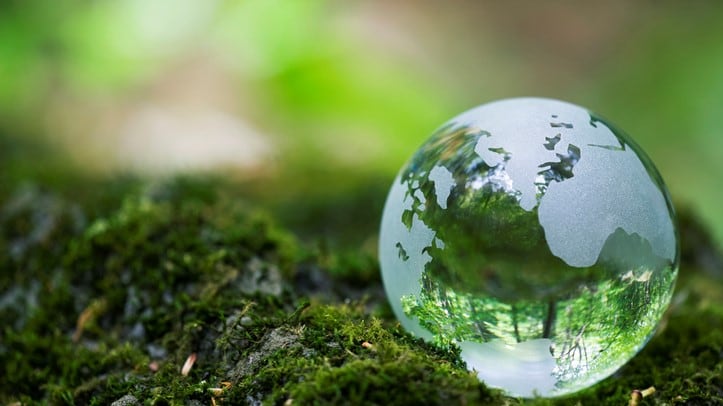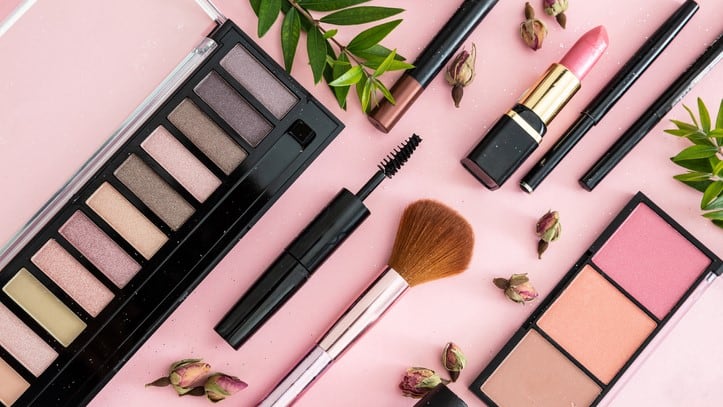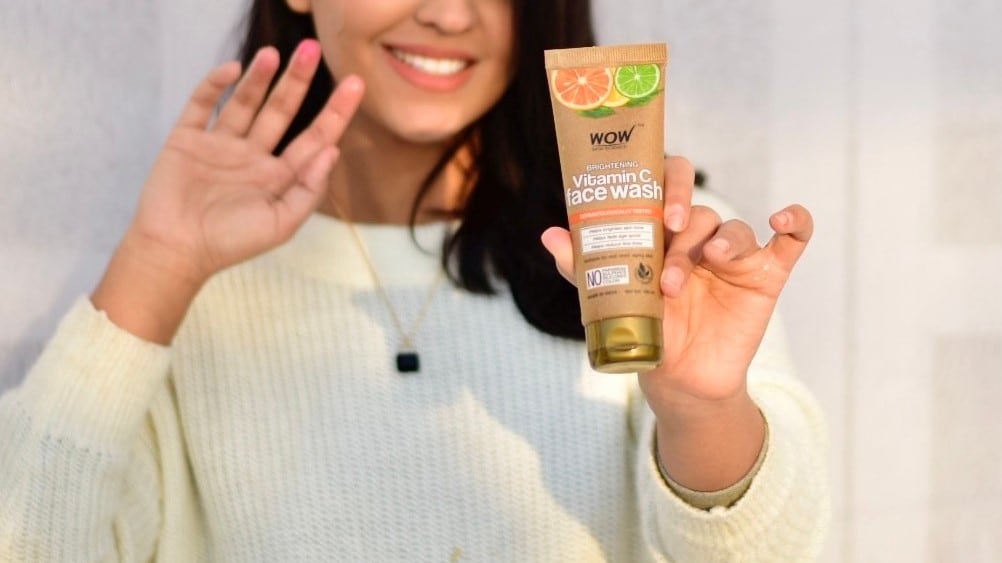1 – How to win over… the eco-conscious consumer while avoiding the pitfalls of greenwashing
Sustainability is one of the hottest topics in beauty today, but how can the sector move beyond packaging to innovate with new concepts, product formats and materials to win over the eco-conscious consumer, while avoiding the trap of greenwashing? We take a deep dive to find out…
As COVID-19 advanced, the environment felt the consequence of our new daily habits, such as online shopping and food delivery, which inflated the volume of packaging waste.
People, who by then had more time on their hands, began to question things like kerbside recycling processes, the integrity of carbon offsetting and greenwashing practices.
This has arguably been the catalyst that intensified the beauty consumers’ interest in the environment and how their lifestyle choices can affect the planet.
2 – Brillare aiming to become a water-free brand in one year
India-based skin care brand Brillare is kicking off its zero-dilution initiative which will see the brand phase out the use of water as well as synthetic ingredients in its formulations in bid to meet the demand for clean and natural beauty products.
The company has started its zero-dilution initiative, which promises its consumers products that do not contain water or synthetic ingredients.
At the moment, around half of the brand’s product line-up does not contain water and the company intends to be a 100% water-free brand in the next year.
3 – WOW Skin Science sets goal to use less than 50% of virgin plastic by 2023
India-based personal care brand WOW Skin Science has set a target to reduce its dependency on virgin plastic down to less than 50% by 2023.
Currently, about 20% of the plastic the firm uses are post-consumer resin (PCR) and hopes to use less than 50% of virgin plastic by next year.
Co-CEO Manish Chowdhary told us that it was now table stakes for personal care companies to factor sustainability into the development of their products.
The company most recently relaunched their bestselling Vitamin C Face Wash in a paper tube that uses 45% less plastic.
4 – Kose says seven sunscreen UV protection agents don't harm coral growth
Kose says it has established a method that can evaluate the effects of cosmetic ingredients on corals with high reliability and has shown that seven UV protection components do not pose a threat.
The Japanese beauty giant says it will now be possible to evaluate the effects of sunscreens and other cosmetic ingredients on corals.
“As a result of visual evaluation, no abnormalities were found in coral growth in any of the specimens… It was confirmed that the seven types of UV protection agents commonly used for sunscreens do not affect the growth of corals at environmental concentrations.
5 –Face Shop introduces first vegan skin care line with eco-conscious packaging
K-beauty brand The Face Shop has introduced its first vegan-certified skin care line which features eco-conscious refillable packaging to reduce the use of single-use plastic.
The Therapy is a skin care range under The Face Shop. The products feature ingredients such as edelweiss grown in the Swiss Alps and do not contain any animal-derived ingredients nor are they tested on animals.
The line-up is certified by the Korean Agency of Vegan Certification and Services, which is accredited by The Ministry of Food and Drug Safety (MFDS).





